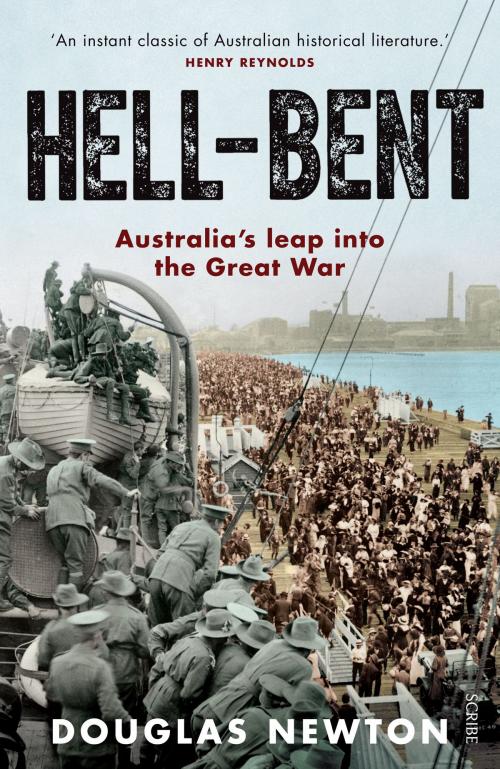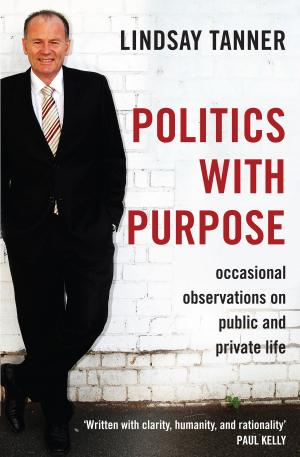| Author: | Douglas Newton | ISBN: | 9781925113365 |
| Publisher: | Scribe Publications Pty Ltd | Publication: | July 28, 2014 |
| Imprint: | Scribe | Language: | English |
| Author: | Douglas Newton |
| ISBN: | 9781925113365 |
| Publisher: | Scribe Publications Pty Ltd |
| Publication: | July 28, 2014 |
| Imprint: | Scribe |
| Language: | English |
Most histories of Australia’s Great War rush their readers into the trenches. This history is very different. For the first time, it examines events closely, even hour-by-hour, in both Britain and Australia during the last days of peace in July–August 1914.
London’s choice for war was a very close-run thing. At the height of the diplomatic crisis leading to war, it looked very much like Britain would choose neutrality. Only very late in the evening of Tuesday 4 August did a small clique in the British cabinet finally engineer a declaration of war against Germany.
Meanwhile, Australia’s political leaders, deep in the throes of a federal election campaign, competed with each other in a love-of-empire auction. They leapt ahead of events in London. At the height of the diplomatic crisis, they offered to transfer the brand-new Royal Australian Navy to the British Admiralty. Most importantly, on Monday 3 August, an inner group of the Australian cabinet, egged on by the governor-general, offered an expeditionary force of 20,000 men, to serve anywhere, for any objective, under British command, and with the whole cost to be borne by Australia — some forty hours before the British cabinet made up its mind.
Australia’s leaders thereby lost the chance to set limits, to weigh objectives, or to insist upon consultation. They needlessly exposed Australian soldiers and their families to the full horror of the mechanised slaughter that was to come. They were hell-bent — and they got there.
Most histories of Australia’s Great War rush their readers into the trenches. This history is very different. For the first time, it examines events closely, even hour-by-hour, in both Britain and Australia during the last days of peace in July–August 1914.
London’s choice for war was a very close-run thing. At the height of the diplomatic crisis leading to war, it looked very much like Britain would choose neutrality. Only very late in the evening of Tuesday 4 August did a small clique in the British cabinet finally engineer a declaration of war against Germany.
Meanwhile, Australia’s political leaders, deep in the throes of a federal election campaign, competed with each other in a love-of-empire auction. They leapt ahead of events in London. At the height of the diplomatic crisis, they offered to transfer the brand-new Royal Australian Navy to the British Admiralty. Most importantly, on Monday 3 August, an inner group of the Australian cabinet, egged on by the governor-general, offered an expeditionary force of 20,000 men, to serve anywhere, for any objective, under British command, and with the whole cost to be borne by Australia — some forty hours before the British cabinet made up its mind.
Australia’s leaders thereby lost the chance to set limits, to weigh objectives, or to insist upon consultation. They needlessly exposed Australian soldiers and their families to the full horror of the mechanised slaughter that was to come. They were hell-bent — and they got there.















